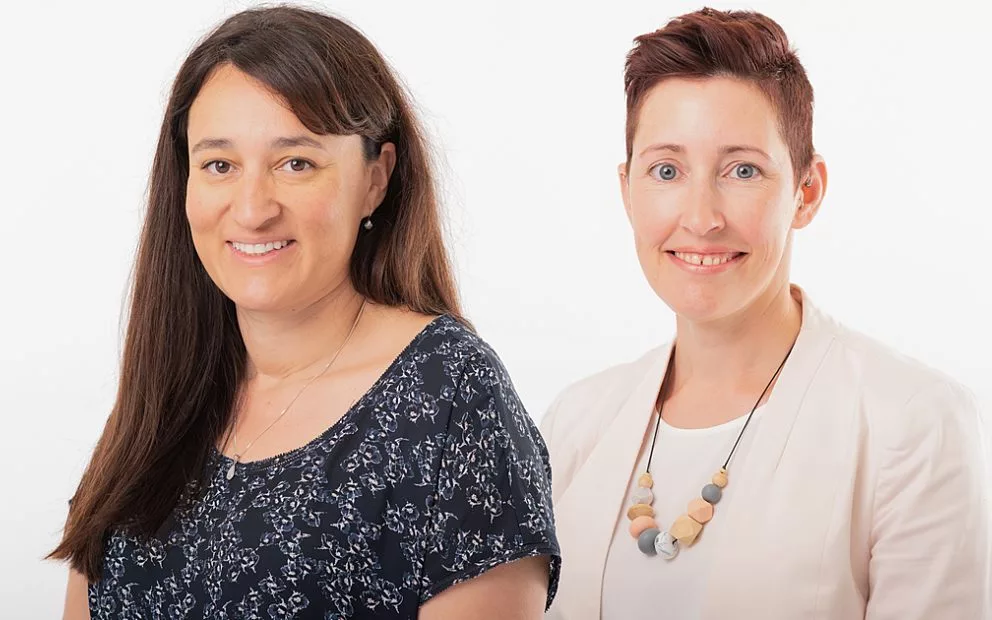Approval rates continue to soar for smoke-free children’s playgrounds - even by smokers themselves - with almost 98 per cent of people supporting the cause. A recent study conducted by the South Australian Health and Medical Research Institute (SAHMRI), the University of Adelaide and the University of South Australia, published in the international journal, Tobacco Control, tracked public approval for smoke-free public transport areas (bus stops, tram stops, railway stations, taxi ranks and airports) and within 10 metres of children’s playground prior to and approximately six months following the South Australian Government’s amendments to the Tobacco Products Regulation Act 2007 to include smoking bans in outdoor public transport areas and children’s outdoor playground equipment in 2012.
The study showed that the approval rate for smoke-free children’s playgrounds increased to 97.8% post-legislation. The study also showed that the approval rate for smoke-free public transport stops increased dramatically from 79.6% pre-legislation to 93.5% post-legislation, for both smokers and non-smokers.
Associate Professor Caroline Miller, Director, SAHMRI Population Health Group and member of the School of Population Health at the University of Adelaide, said it is vital that the community continues to work together to protect the health of our future generations and the general population. “These laws aim to reduce exposure to second-hand smoke in confined places, which is harmful to non-smokers, as well as to promote good role modeling and reduce the social acceptability of smoking for the youngest members of the population” she said.
“Even where there are no signs, smoking is still prohibited. It is important that the community remembers this. South Australian Minister for Health, Mr Jack Snelling MP, said the study reflected society’s changing attitudes to smoking in public places.
“I think smokers and non-smokers alike understand the ramifications of second-hand smoke and would agree that things such as smoke-free playgrounds and public transport areas is just common sense,” Mr Snelling said. “Anything that discourages people from smoking or being impacted by second-hand smoke can only be a good thing.”
Acknowledgment
SAHMRI's Population Health Group is a part of our Cancer and Heart Health themes.



